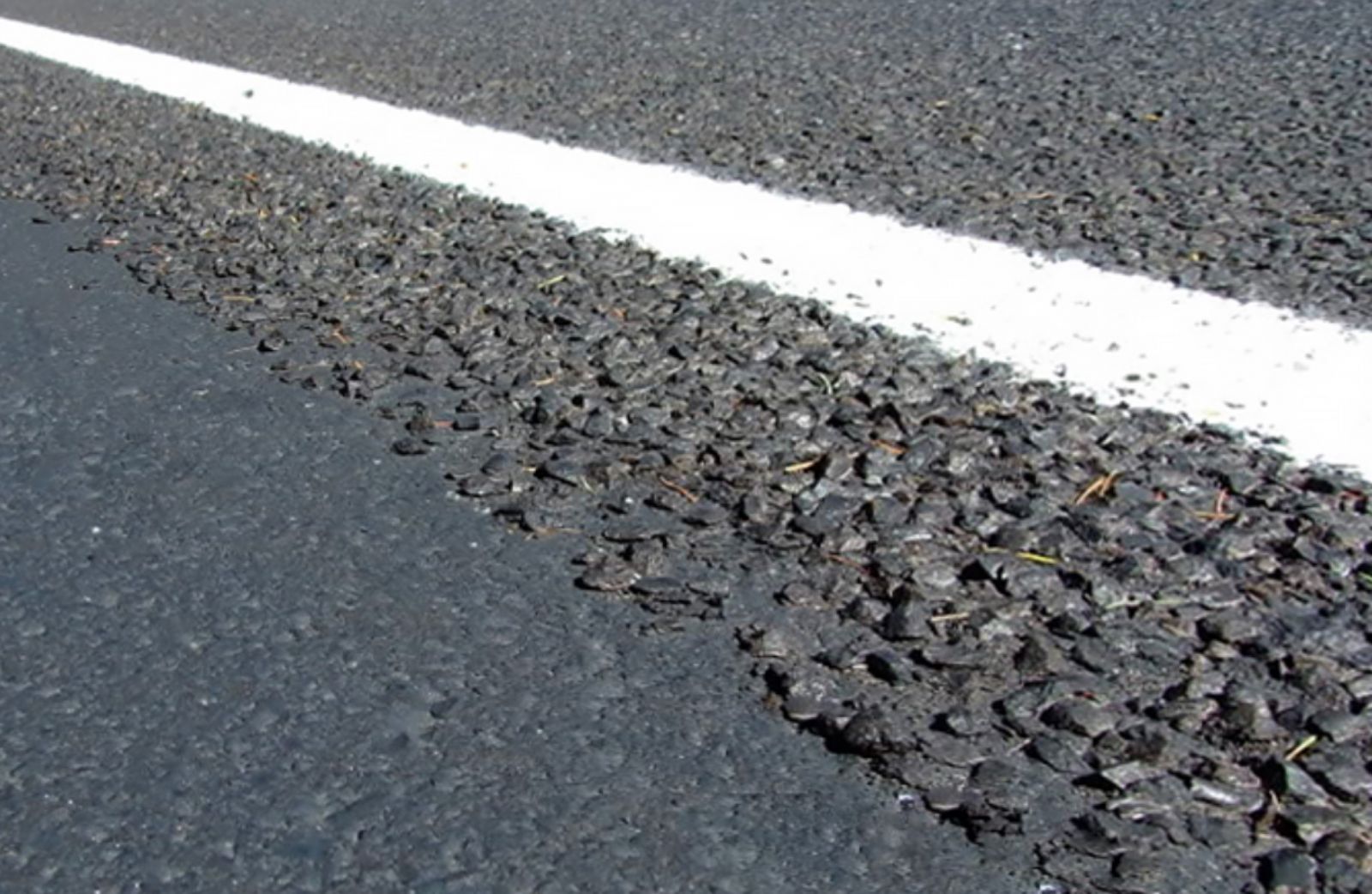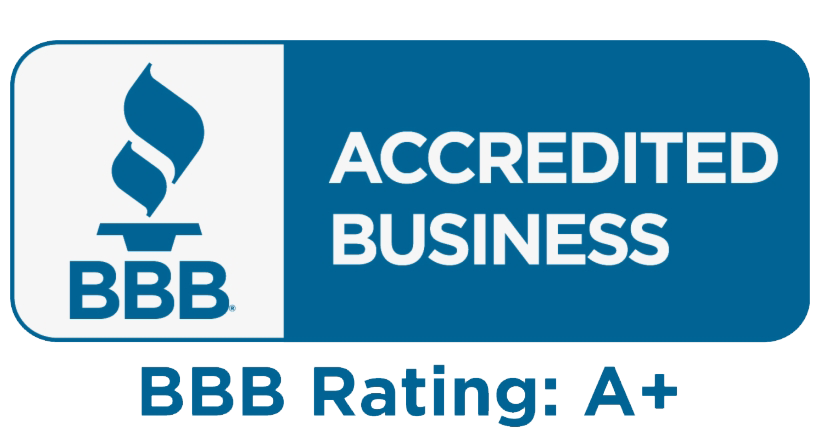Blog

What Is Seal Chip Paving (And How It Complements Window Replacement)?
If you’ve ever driven on a rural road or pulled up to a driveway and wondered, what is seal chip paving, you’re not alone. Seal chip paving, also known as tar and chip paving, is a popular alternative to traditional asphalt paving that combines affordability, durability, and a rustic, textured look. This type of paving offers a unique solution for homeowners and businesses seeking a cost-effective, yet visually appealing surface for their driveways, roads, and parking lots.
In this blog, we’ll dive deep into what seal chip paving is, how it compares to other paving methods, and whether it’s the right option for your project. By the end, you’ll have a thorough understanding of this paving technique and how it could enhance the value and functionality of your property.
But here’s the thing – pairing seal chip paving with another smart improvement, like window replacement, can completely transform your property. From boosting curb appeal to enhancing functionality, these two upgrades work hand in hand to create a cohesive and attractive exterior. In this blog, we’ll dive into what seal chip paving is, how it works, and why combining it with window replacement is a game-changer for your home or business.
Why Seal Chip Paving and Window Replacement Are the Perfect Duo for Property Upgrades
While seal chip paving enhances the durability and aesthetics of your driveway or road, combining it with window replacement can take your property’s functionality and curb appeal to the next level. A well-paved driveway leading to a home with sleek, energy-efficient windows creates a harmonious, polished look that not only boosts value but also saves on energy costs. Whether it’s for a home makeover or a commercial property upgrade, these two improvements go hand in hand for a truly transformative effect.
What Is Seal Chip Paving?
Seal chip paving is a paving method that involves applying a layer of hot liquid asphalt (the “tar”) over a prepared base, followed by a layer of aggregate or gravel (the “chips”). These chips are pressed into the hot asphalt to form a rough but durable surface. Once the chips are embedded, the surface is compacted to create a solid, long-lasting pavement.
This method is also known as chip sealing, tar and chip paving, or macadam, and has been used for decades on rural roads, parking lots, and driveways. Unlike traditional asphalt paving, seal chip surfaces offer a more textured finish that can enhance traction and blend seamlessly into natural surroundings.
How Does Seal Chip Paving Work?
The process of seal chip paving is relatively straightforward and consists of several key steps:
1. Preparation of the Base
Before applying any material, the surface area must be properly prepared. This often involves grading the surface, making sure it is smooth and level, and compacting the soil to provide a solid base for the paving. In some cases, an additional layer of gravel may be added to improve drainage.
2. Application of Liquid Asphalt
Next, a layer of hot liquid asphalt is evenly applied over the prepared base. The asphalt acts as a binder, holding the aggregate chips in place. This layer typically ranges from 0.25 to 0.50 inches thick, depending on the type of traffic the surface will experience.
3. Spreading the Aggregate
Once the asphalt is applied, a layer of crushed stone or gravel (also known as aggregate) is spread across the surface. This aggregate comes in various sizes, and homeowners can choose the color and texture of the stones to match their aesthetic preferences.
4. Compaction and Finishing
After the chips are laid, heavy rollers are used to press the stones into the asphalt. This compaction ensures that the stones are securely embedded in the binder, creating a solid and durable surface. Once the surface cools, the chips will be firmly held in place, leaving a rough but functional finish.
Seal Chip Paving vs. Asphalt Paving: What’s the Difference?
When comparing seal chip paving to asphalt paving, there are key differences in terms of cost, aesthetics, and maintenance. Understanding these distinctions can help you decide which method is best suited for your project.
1. Cost
One of the biggest advantages of seal chip paving is its affordability. Seal chip paving typically costs between $2 and $5 per square foot, making it a budget-friendly alternative to asphalt, which can range from $5 to $7 per square foot. Because seal chip paving requires less material and equipment, it’s a more cost-effective option, especially for large areas like rural driveways or private roads.
2. Aesthetic Appeal
Seal chip paving provides a unique, rustic look that blends in well with natural environments. The exposed aggregate surface has a textured, country-road feel that many homeowners find attractive. Additionally, the variety of stone colors and textures available means you can customize the appearance to fit the style of your property.
In contrast, asphalt paving offers a smooth, uniform look with a sleek black finish. While asphalt may be preferred for urban settings or areas that require a polished appearance, seal chip paving offers a more natural and textured aesthetic.
3. Durability and Maintenance
Both seal chip and asphalt paving are durable, but they perform differently over time. Seal chip paving is generally lower maintenance, as small imperfections or cracks can be easily covered with another layer of tar and chips. However, because the surface is rougher, seal chip paving can loosen over time, especially in areas with heavy traffic.
Asphalt paving, on the other hand, provides a smoother and more uniform surface that’s better suited for high-traffic areas like city streets or driveways with regular car use. However, asphalt tends to develop cracks, especially in areas with temperature fluctuations, and requires regular sealcoating to maintain its appearance and durability.
Expert Insight: “Seal chip paving is a fantastic option for rural roads and driveways where you want durability without the high cost of asphalt. It’s also perfect for homeowners looking to blend their driveways with the surrounding landscape,” says John Williams, a paving contractor with over 15 years of experience.
The Benefits of Seal Chip Paving
Seal chip paving offers a variety of benefits for both residential and commercial projects. Below are some of the top reasons why you should consider this paving method for your next project:
1. Cost-Effective
Compared to traditional asphalt paving, seal chip paving is significantly cheaper. Because it uses fewer materials and requires less labor, it’s a more economical option for large driveways, private roads, or parking lots.
2. Customizable Appearance
One of the standout features of seal chip paving is its customizable appearance. Homeowners can choose from different types and colors of gravel to achieve a unique look. Whether you prefer light-colored stones to brighten up your property or darker stones for a more natural look, seal chip paving offers versatility in design.
Personal Experience: When I had my driveway paved with the seal chip method, I was impressed with the range of stone colors available. I chose a natural blend of grey and beige stones that perfectly complemented the rustic style of my home, adding to its overall curb appeal.
3. Low Maintenance
One of the major advantages of seal chip paving is that it’s relatively low maintenance. If chips come loose or small cracks develop, they can easily be repaired by adding another layer of tar and chips. This method also allows for touch-ups in specific areas without the need for large-scale repairs.
4. Excellent Traction
The rough texture of a seal chip surface provides excellent traction, making it ideal for driveways or roads in areas that experience snow or rain. The texture prevents vehicles from slipping, even in wet or icy conditions, which is an added safety benefit.
5. Quick Installation
Seal chip paving can often be completed in a single day, making it a fast solution for new driveways or road surfaces. The process is much quicker than asphalt paving, which requires time for the asphalt to set and cure.
Is Seal Chip Paving Right for Your Project?
Seal chip paving is an excellent option for many residential and commercial projects, but is it the right choice for you? Here are a few factors to consider:
1. Your Budget
If you’re working within a tight budget, seal chip paving offers a cost-effective solution. It’s ideal for homeowners who need to cover large areas without breaking the bank.
2. Desired Aesthetic
Seal chip paving is perfect for those who want a more natural or rustic look. If you’re looking for a smooth, uniform surface, asphalt might be a better fit. However, if you prefer a textured, gravel-like appearance, seal chip paving is a great option.
3. Traffic Levels
For driveways, roads, or parking areas with light to moderate traffic, seal chip paving holds up well. If the surface will experience heavy use or require a smoother finish, you may want to consider asphalt paving instead.
4. Climate
If you live in an area with frequent snow or rain, seal chip paving provides excellent traction due to its rough surface. However, if your region experiences extreme temperatures, you’ll need to monitor for loose stones and ensure proper maintenance.
Conclusion: Seal Chip Paving as a Versatile and Affordable Solution
So, what is seal chip paving? It’s an affordable, customizable, and durable paving method that offers excellent traction and a natural aesthetic. Whether you’re paving a rural driveway, a private road, or a parking area, seal chip paving is a great option that combines the rustic charm of gravel with the durability of asphalt.
With its lower cost, quick installation, and low maintenance requirements, seal chip paving is a practical alternative to traditional asphalt paving for homeowners and businesses alike. If you’re looking for an attractive, budget-friendly way to enhance your property, consider seal chip paving for your next project.
If you’re interested in learning more or getting a quote for tar and chip paving, contact a local asphalt paving professional to explore your options today!








